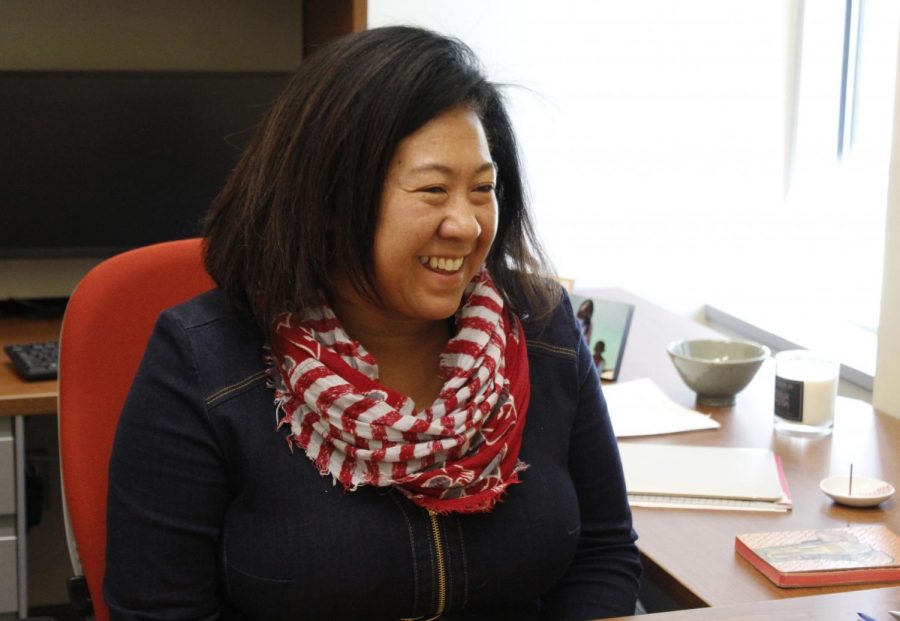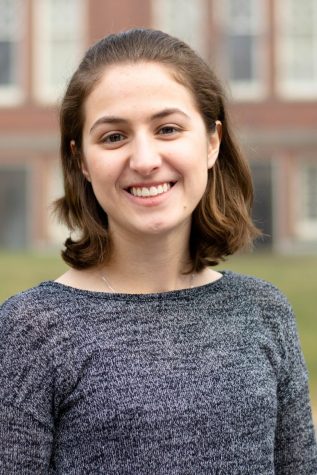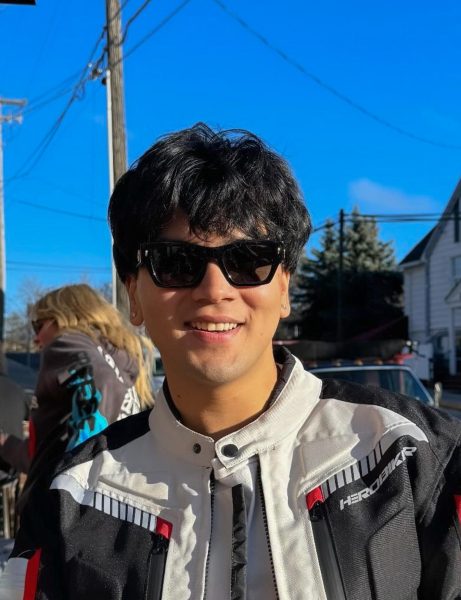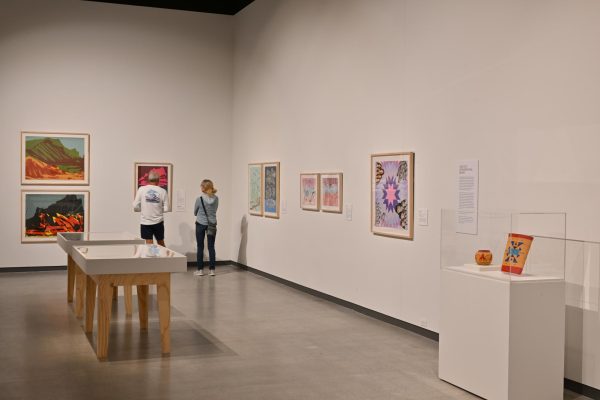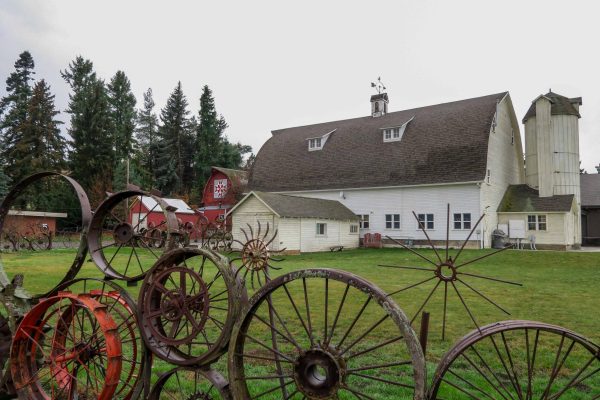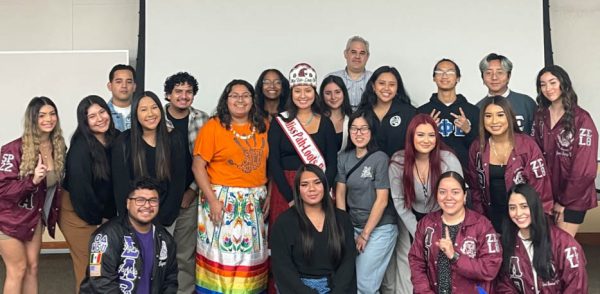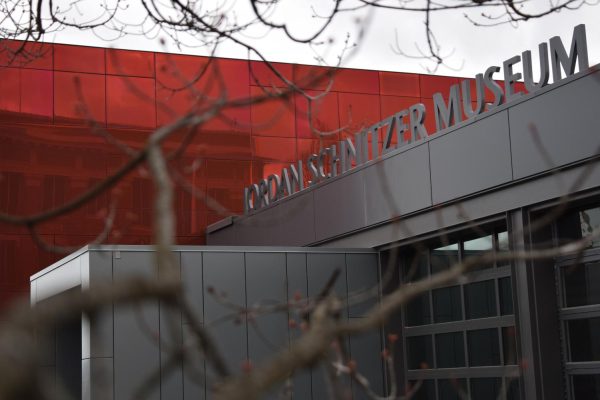Cultural Center more than turtle shell roof
Spaces can be used by student groups without diversity-only mission
EUGENE LEE | THE DAILY EVERGREEN
Paula Groves Price, scholar in residence, says former WSU President Elson S. Floyd envisioned having the Cultural Center in a location similar to where it is today.
October 4, 2018
If you’re like many students at WSU, you might be wondering about the big turtle-like building on the south side of campus.
The Elson S. Floyd Cultural Center (ESFCC) has a series of meeting spaces available for group use. Contrary to popular belief, the metal roof is designed to look like the rolling hills of the Palouse — not a massive sea creature.
The Cultural Center was one of the last projects of former WSU President Elson S. Floyd. Paula Groves Price, scholar in residence at the Cultural Center, said Floyd envisioned having the building at the entrance to campus so students and visitors would always see it.
“[The building signals that] diversity is something that should be celebrated and that everybody is welcome and should feel at home at WSU,” Price said.
Previously, the building had been used mainly for closed events, but ESFCC directors and staff are working on programs that will be open to the entire community. The large meeting space and the four study spaces, also known as knowledge rooms, are also open to Registered Student Organizations that wish to hold events there.
In order to reserve a room, a club or student group must provide some explanation as to how they are advancing diversity on campus.
“It doesn’t have to be that your organization is one that is specific to looking at issues of diversity,” Price said.
Spaces in the Cultural Center can be reserved for events that relate to culture and diversity even if the group hosting them is not solely focused on that mission.
For example, if a baking or cooking club wanted to host an event in which cultural diversity was promoted this would be accepted because it advances intercultural awareness, she said.
However, student groups don’t realize the spaces are open to them for these programs or events.
The ESFCC Advisory Council members work with the Jordan Schnitzer Museum of Art to decide which speakers to host and carry out other programming and policy duties. There is currently an open call for at-large seats on the ESFCC Advisory Council.
Students who are interested in developing programming and furthering the mission of the Cultural Center are encouraged to apply online. Applications are available through the Cultural Center’s website.
The Cultural Center is open from noon to 5 p.m. Monday through Friday and students are welcome to use the spaces as long as they respect reservations. There are many areas for quiet or group study sessions that students often don’t realize are available to use.


